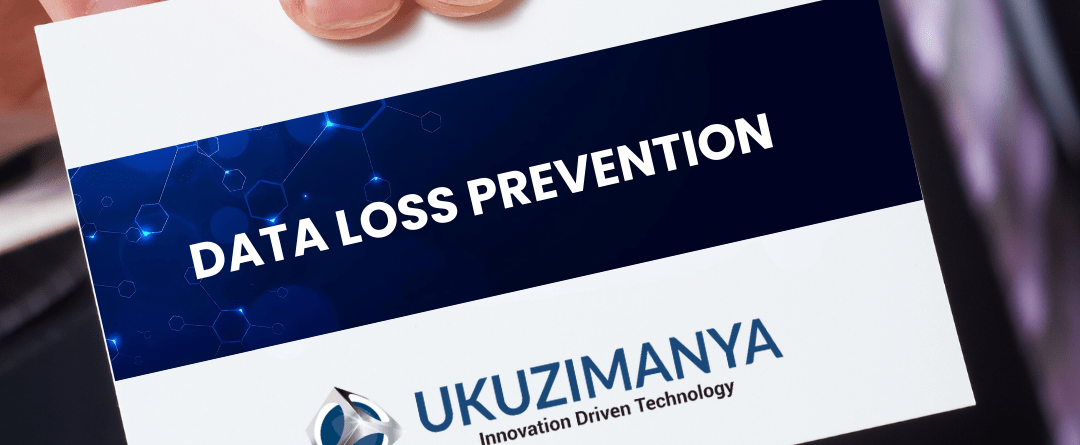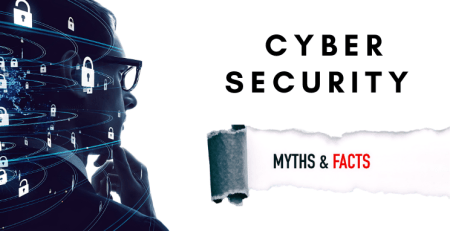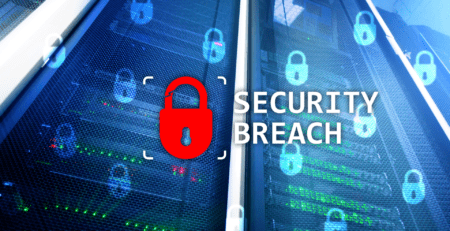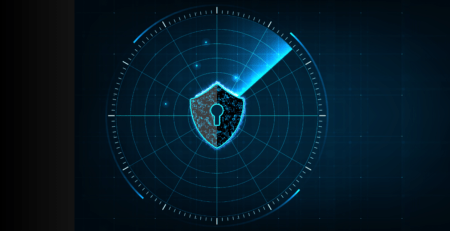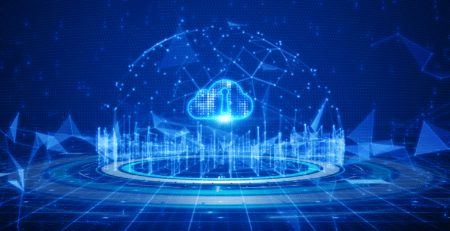Navigating Data Loss Prevention: Separating Fact from Fiction
Data Loss Prevention (DLP) can sometimes feel like the unsung hero of cybersecurity—a bit like the sidekick who never gets the spotlight but is crucial to the plot. In South Africa, companies increasingly find that failing to manage their data properly can result in hefty fines and regulatory headaches. Let’s unravel the myths and set the record straight on Data Loss Prevention, especially in the context of South Africa’s unique regulatory landscape
Debunking the DLP Myths
1. “DLP is Just Cybersecurity with a Different Name”
Ah, the classic mix-up! While Data Loss Prevention and cybersecurity are BFFs in the data protection world, they are not interchangeable. Think of DLP as the vigilant watchdog in a data protection scheme, ensuring that sensitive data doesn’t sneak out the backdoor. Cybersecurity, on the other hand, is the broader shield protecting your digital fortress from external attacks.
DLP focuses on preventing data breaches, unauthorised access and data leakage by monitoring and controlling sensitive data. It’s like having a security guard who checks if anyone’s trying to sneak out with sensitive documents. However, Cybersecurity is more like fortifying the castle walls, ensuring that intruders don’t get through in the first place.
2. “POPIA and GDPR are Basically the Same Thing”
Ah, the South African twist! Yes, both POPIA (Protection of Personal Information Act) and GDPR (General Data Protection Regulation) aim to protect personal information, but they have their quirks. POPIA is South Africa’s own set of data protection rules, tailored for the local context, while GDPR is the EU’s much-talked-about regulation.
POPIA focuses on the responsible processing of personal data with an emphasis on accountability and transparency, a bit like having a local traffic cop who knows the specific routes and road conditions of your neighborhood. GDPR, in contrast, is the EU’s strict and sweeping traffic law, applying across all member states with a one-size-fits-all approach. While they both aim to safeguard personal data, they differ in specifics and enforcement practices.
3. “DLP is an IT Problem, NOT a Business One”
Surprise! Data Loss Prevention isn’t just an IT issue; it’s a business-critical concern. Companies often mistakenly think DLP is an IT Department’s sole responsibility. However, with increasing regulations like POPIA, the stakes are high for business compliance. Data breaches not only risk your customers’ information but also your company’s reputation and financial health.
The Price of Ignorance
South African companies have felt the sting of regulatory missteps. For instance, in 2023 a major retail chain was fined R1.5 million by the Information Regulator for failing to implement adequate data protection measures under POPIA. The lesson? DLP isn’t just a technicality—it’s a regulatory necessity.
Why both DLP and Cybersecurity are Essential
Why the double act? Think of DLP as the system ensuring your sensitive data is securely managed and not inadvertently exposed or leaked. Cybersecurity, on the other hand, is like the fortress protecting you from external attacks. You need both to create a robust defense strategy.
DLP addresses risks related to data misuse, loss or leakage. It’s like having a high-tech alarm system that notifies you when sensitive data is being improperly accessed or shared. Cybersecurity encompasses broader protections, including network security, antivirus measures and more. It’s like having a full-scale security team working to prevent breaches before they even occur.
Practical Tips for South African Businesses
Educate and Train: Regularly train your staff on data handling procedures and the importance of data protection. It’s not just about having the right tools; it’s about using them wisely.
Regular Audits: Conduct regular audits to ensure compliance with both POPIA and internal DLP policies. It’s a proactive approach that can save you from hefty fines and reputational damage.
Invest in Technology: Implement Data Loss Prevention solutions tailored to your business needs. Look for systems that integrate seamlessly with your existing cybersecurity infrastructure.
Stay Updated: Regulations and threats evolve, so keep your policies and systems up to date. Subscribe to industry updates and be prepared to adapt.
Understanding the difference between Data Loss Prevention and cybersecurity is like knowing the roles of a security guard and a castle wall—they both play crucial but distinct roles in safeguarding your business. By debunking common misconceptions and embracing a comprehensive data protection strategy, South African companies can navigate the complex world of data management with confidence. Remember, in the data realm, it’s always better to be safe than sorry—and compliance is key to staying ahead of the game.
So, gear up, stay informed and make data protection a priority.
